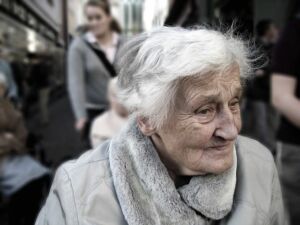News
Less help for elderly patients
This article is more than 10 years old.
Employees of nursing homes say they have less time to care than two years ago

Denmark’s welfare system is becoming resource-poor and overburdened. Photo: Geralt
Healthcare professionals say that older residents at nursing homes are receiving less care than just a few years ago and say it is time for a showdown on elderly care.
Ole Mørk Nielsen, the head of the country’s approximately 1,000 nursing home mangers, cited a recent study by union FOA that reveals how nearly 60 percent of employees have less time to talk to residents, 40 percent have less time to care for terminal patients and 30 percent have less time to help residents with bathing and other personal hygiene tasks.
“The experiences of our employees is quite real,” Nielsen told Jyllands-Posten.
No time for even the basics
Healthcare workers say they don’t even have time for some of their basic care duties.
“While there used to be between 1.1 and 1.3 employees for every nursing home resident, we estimate there is now an average of only 0.7,” said Nielsen. “Those reductions come at the cost of quality care.”
READ MORE: New figures reveal less care for the elderly
Nielsen said it is time for a national debate about care for the elderly.
“Employees paint a picture of a life at nursing homes where there is no time to provide care with dignity and ethics,” said Karen Stæhr, the chairperson of the social and health sector in FOA. “This is not satisfactory.”
Reserving judgement
Sophie Løhde, the minister for health and the elderly, said she would wait to make a decision on nursing homecare until she has seen the results of a larger nationwide study ordered by Parliament.










































